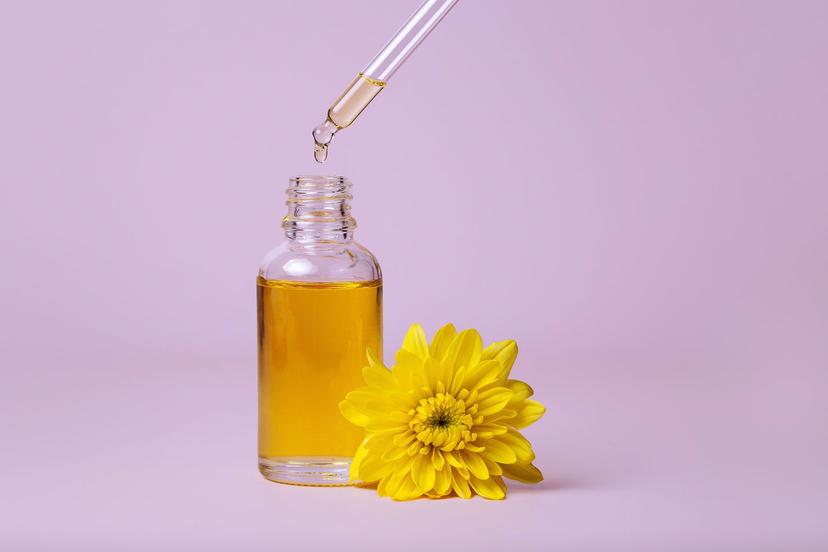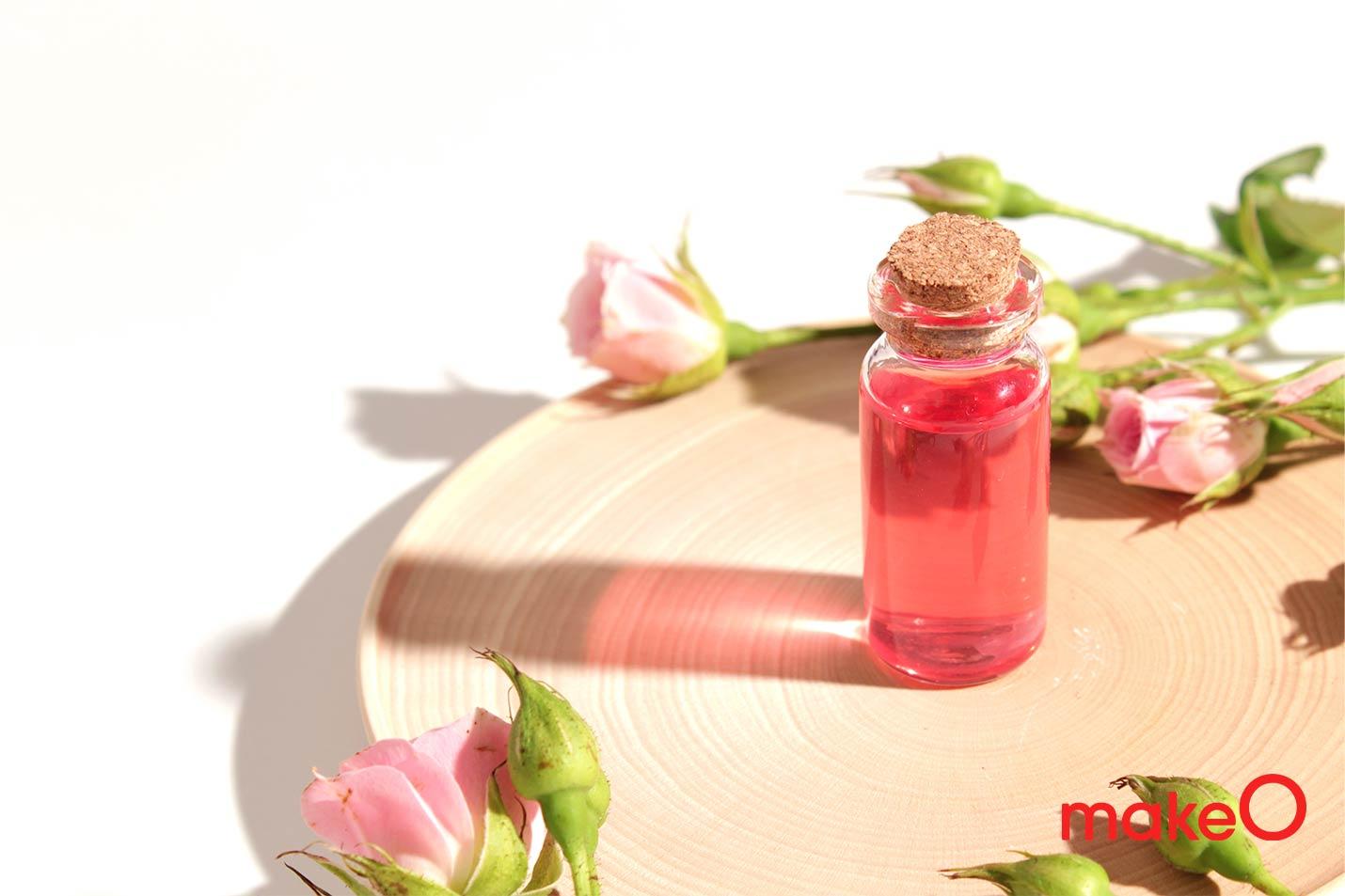MakeO blog
Floral waters, often referred to as hydrosols, have been a part of traditional skincare routines for centuries, especially in India, where the essence of flowers like roses, jasmine, and marigolds have been celebrated not just in rituals but also in beauty regimes. These fragrant waters are more than just pleasant-smelling liquids; they are packed with the gentle power of nature to rejuvenate, refresh, and revitalise our skin.
One of the most popular floral waters or hydrosols is rose water. It has been used in skincare and rituals for ages and still takes the number 1 spot on any list of hydrosols. So how does this hydrosol compare to other floral waters? Read on to find out!
Rose Water: The Queen of Floral Waters
Rose water is perhaps the most popular and widely recognized floral water. Its benefits are numerous:
1. Toning: Rose water acts as a natural toner, balancing the pH of the skin and natural oils on the skin.
2. Hydrating: It provides instant hydration to the skin, making it look plump and radiant.
3. Soothing: Its anti-inflammatory properties help reduce redness and calm irritated skin.
4. Anti-ageing: Packed with antioxidants, rose water fights free radicals, reducing the appearance of fine lines, wrinkles and more signs of ageing while making the skin firmer.
Other Floral Waters and Their Benefits
1. Orange Flower Water
This is not just a fragrant delight but also a boon for oily and acne-prone skin. Orange flower water helps in balancing oil production and has mild astringent properties, making it perfect for giving that fresh feel. It balances the pH level of your skin and repairs dull skin to give off a healthy glow too.
2. Chamomile Water
Known for its calming properties, chamomile water is excellent for sensitive skin. It soothes irritations, reduces redness, and is a great choice for a relaxing nighttime skincare routine. It has a great number of other benefits like reducing anxiety, frustration, sleeplessness, rashes, etc.
3. Cornflower Water
A lesser-known gem, cornflower water is excellent for tired and puffy eyes. Its anti-inflammatory properties help reduce eye puffiness and lighten dark circles. Cornflower water can also tighten pores and reduce signs of ageing. It is another hydrosol that calms the skin and decreases inflammation too.
4. Jasmine Water
Jasmine water is not only aromatic but also has uplifting properties. It's known to rejuvenate tired skin, improve elasticity, and provide a natural glow. Jasmine water also has anti-septic benefits that help treat burns and wounds. It is also known for its pain-relieving properties and is hence used to reduce muscle pain or joint pains.
5. Neroli Water
Derived from the blossoms of the bitter orange tree, neroli water is known for its ability to regenerate skin cells and improve skin elasticity. It's especially beneficial for mature skin.
6. Lavender Water
A favourite for many, lavender water is known for its calming and therapeutic properties. It helps soothe irritated skin, reduce redness, and also has a gentle balancing effect on the skin's natural oils.
7. Witch Hazel Water
Not exactly floral water but worth mentioning, witch hazel water is a powerful astringent. It helps tighten skin, and reduce inflammation and is often used to treat acne and reduce the appearance of pores.
Conclusion
Understanding the unique properties of each floral water can help you tailor your skincare routine. For instance, if you're looking for a refreshing morning routine, orange flower water can be your go-to. For a calming nighttime routine, chamomile water can be your best friend. And if you're battling with tired eyes after long hours of screen time, cornflower water can come to your rescue.
In the vast world of skincare, floral waters offer a gentle yet effective solution for various skin concerns. Whether it's the ever-popular rose water or the soothing chamomile water, each has its unique charm and benefits. So, the next time you're looking to add a touch of nature to your skincare routine, remember the magic of floral waters and choose the one that aligns best with your skin's needs. After all, nature always knows best! To tackle more serious skincare issues like acne treatment, acne scars, open pores and more, book a consultation with makeO experts today!
FAQs
What is the difference between rose water and other floral waters?
While all floral waters are derived from the steam distillation of flowers, the main difference between rose and other waters lies in the flower used. Rose water is derived from roses, while other floral waters like orange flower water or chamomile water are derived from their respective flowers. Each has its unique set of benefits, scents and uses.
How often can I use floral water in my skincare routine?
Floral waters are gentle and can be used daily since they are natural and free from chemicals or other artificial ingredients. However, always do a patch test first to ensure there's no allergic reaction!
Can I mix different floral waters?
Yes, mixing floral waters like rose water and chamomile water can provide combined benefits that you can take advantage of. But, always make sure the combination suits your skin type by doing a patch test.
Is orange flower water good for all skin types?
Orange flower water is particularly beneficial for oily and acne-prone skin. But don’t begin using it without doing a patch test first.
related categories
Related articles
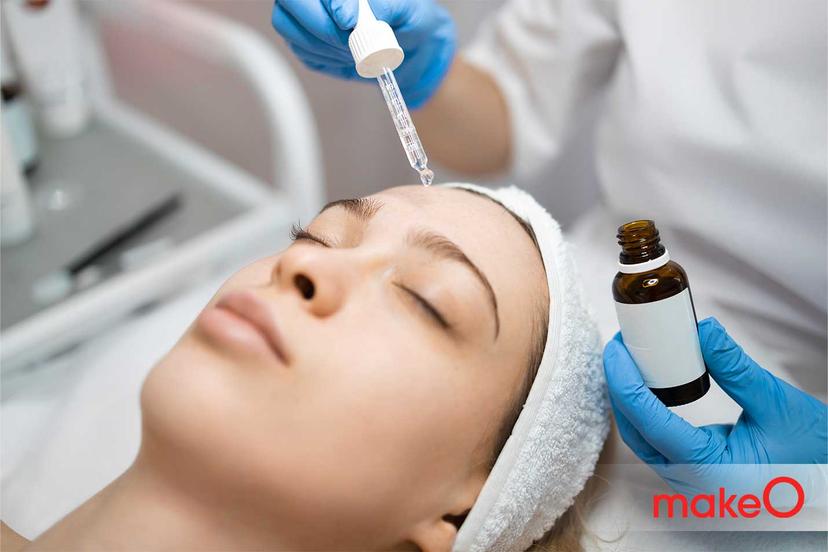
Anti-Ageing Face Oils: Unveiling the 10 Best Facial Oils for Youthful Skin
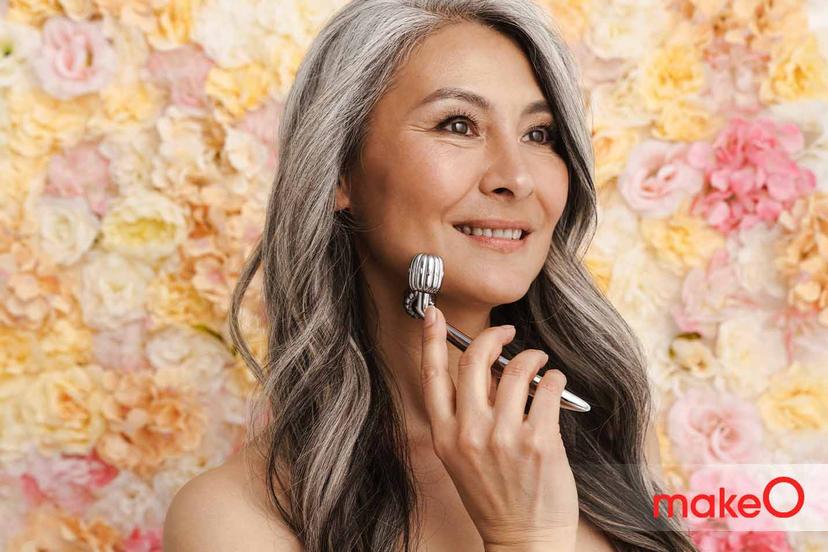
5 Common Mistakes to Avoid When Using a Face Roller
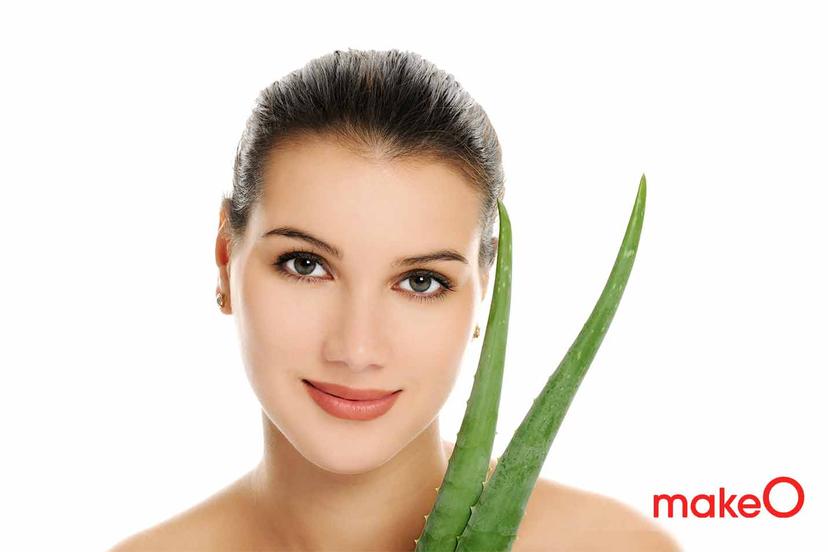
Is Aloe vera effective for acne? Find out
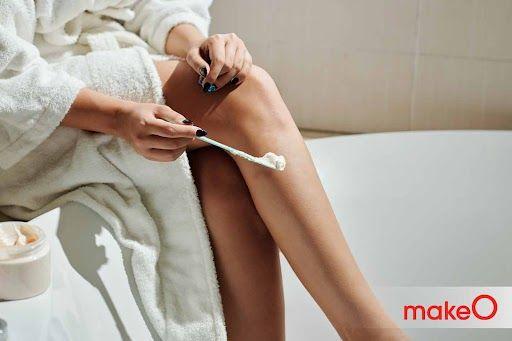
5 Side Effects of Hair Removal Creams That You Must Know
